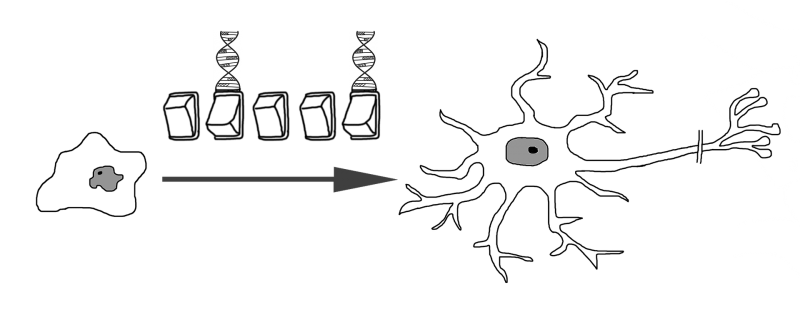
Apr 5, 2017
A stroke occurs when a part of the brain is deprived of blood supply. The brain cells need this blood supply constantly to survive. There are two types of stroke: One is due to ischemia when there is a blockage of the artery and the other is a hemorrhagic stroke in which there is bleeding into the brain.
Hemorrhagic strokes are less frequent. They result from a ruptured blood vessel or an aneurysm.
Ischemic stroke accounts for more than 80% of all strokes. If the immediate impairment resolves it is called a transient ischemic attach (TIA). TIA should be taken as seriously as a stroke because they are indications that the patient is at risk for a stroke which would make a permanent damage to the brain. The main cause of stroke and TIA is carotid artery disease. When there is substantial plaque build-up in the carotid artery this can block the blood supply to the brain. (more…)

Apr 5, 2017
SAFE welcomes WHO decision on stroke classification: Stroke is now finally classified as a standalone disease within the Neurological family.
According to Jon Barrick, SAFE’s President, this WHO’s decision reverses the erroneous placement of cerebrovascular diseases in Diseases of the Circulatory System held for 62 years since 1955.
This was long felt to be incorrect and of disadvantage for stroke- said Barrick. (more…)

Apr 3, 2017
Insomnia is associated with increased risk of heart attack and stroke, according to research published today in the European Journal of Preventive Cardiology.
“Sleep is important for biological recovery and takes around a third of our lifetime, but in modern society more and more people complain of insomnia,” said first author Qiao He, a Master’s degree student at China Medical University, Shenyang, China. “For example, it is reported that approximately one-third of the general population in Germany has suffered from insomnia symptoms.” (more…)

Mar 30, 2017
It is not enough to know the symptoms of stroke. The medical staff treating a stroke patient needs to know when to act, how to act and how to properly care for a stroke patient in order for him/her to have the best survival and recovery rate. All of the necessary actions regarding stroke treatment are best combined and performed within a stroke unit.
Anita Hamers – Dijkstra from Netherlands had a stroke in 1988, when she was 21 years old. When she came home from the hospital she was like a 21 year old baby who had to learn everything again, including talking, taking care of herself…
After more than nine months in the rehabilitation center she came home for good. At that point she still did’n know the difference between yes and no; she was a little bit disoriented, with right side paralysis and she could speak just a little. Fortunately, she recovered well from stroke and today she is very successful in doing what she loves the most- painting. (more…)

Mar 27, 2017
Could bone-marrow-derived stem cells aid stroke recovery?
A multicenter trial looking at whether a single dose of millions of adult, bone-marrow-derived stem cells can aid stroke recovery indicates it’s safe and well-tolerated by patients but may not significantly improve their recovery within the first three months, researchers report.
However, the trial does provide evidence that giving the therapy early — within the first 36 hours after stroke symptoms surface — may enhance physical recovery by reducing destructive inflammation as well as the risk for serious infections and that these benefits might continue to surface many months down the road, they report in the journal Lancet Neurology. (more…)









